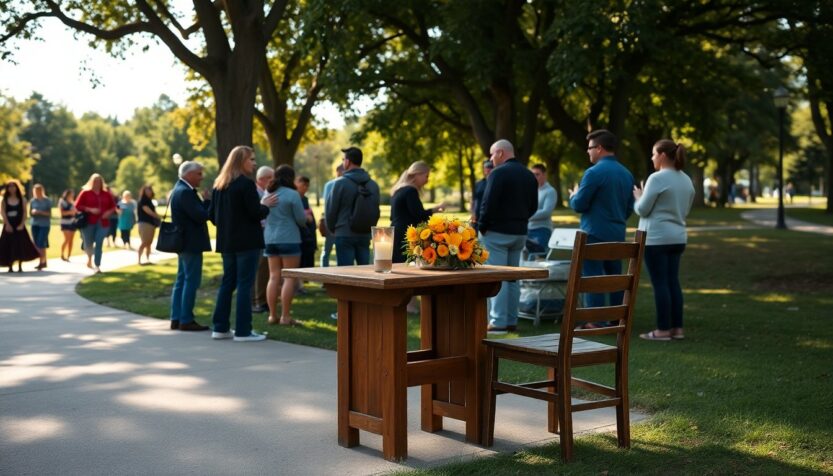Charlie Kirk’s unexpected death on September 10 has sent shockwaves through conservative circles. His passing has prompted significant emotional responses and discussions among his followers. Alex Clark, a close associate, expressed her grief publicly, highlighting the impact of Kirk’s legacy on the community.
The Immediate Shock and Emotional Responses
Upon receiving the news, Clark described her reaction as a “punch in the gut.” She initially felt overwhelmed but quickly rallied, stating, “We cannot and will not stop.” This resilience embodies the spirit of Kirk’s supporters. Many in the community share this determination to continue his work.
Clark urged individuals to honor Kirk by maintaining their faith and community ties. She encouraged attendance at church services and flying the American flag high. This response exemplifies how personal loss can inspire collective action.
Kirk’s Dual Legacy: A Controversial Figure
Charlie Kirk was a polarizing figure whose influence extended over a decade. He often advised young women at events like the Young Women’s Leadership Summit to prioritize family over careers. This stance is seen by some as contradictory, given his role in promoting many female influencers’ careers.
Moreover, Kirk’s shift toward a more Christian-centered message reflects a broader trend within the conservative movement. Initially, Turning Point USA was a secular organization, but collaborations with influential pastors have transformed its focus. This evolution raises questions about the intersection of faith and politics in contemporary society.
The Community’s Response: A Mix of Grief and Action
Isabel Brown, another conservative figure, honored Kirk on her YouTube channel, recounting how he supported her career. Her tribute highlights the deep connections within this community, underscoring the impact Kirk had on many lives.
Conversely, voices like Allie Beth Stuckey have characterized Kirk’s death as a form of martyrdom, suggesting it represents a significant challenge for the conservative movement. Her remarks indicate that Kirk’s passing could provoke intense discussions among his followers.
As the community reflects on these developments, it is evident that Kirk’s legacy will continue to influence conversations about faith, community, and politics. His supporters are determined to ensure his efforts are not forgotten, uniting to advance their beliefs. This moment raises critical questions about the future of conservative activism.

